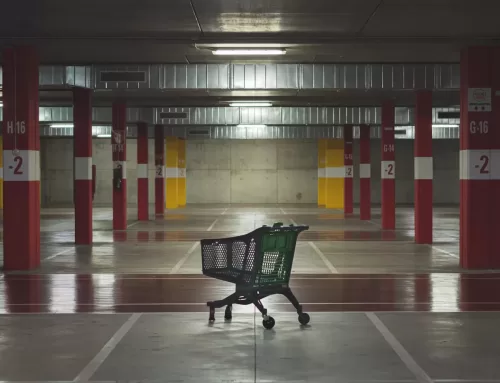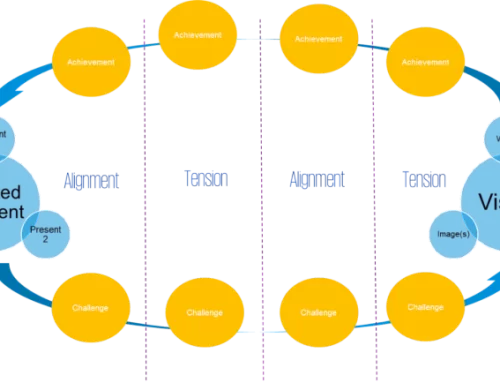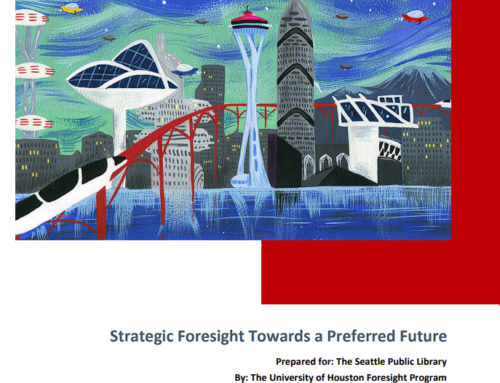Interview transcript
JT: Okay. Most of the stuff I’m really interested in has to do with the changing of our environment. Yeah. Right. And so that’s we’re on climate refugees. But people don’t talk about that. You know, for this term use of the Nature Conservancy, set of global warming, they use Global Weirding right now, it’s the idea that when we say global warming, there’s lot of baggage that comes along with it, like, oh, it’s snowing. Haha. Right. It’s like, no, no, no, you’re missing the point. And the fact is that we don’t look I don’t think about even today, in modern technology, we rely on the weather and the predictability of the weather forecasts back, you know, weather forecasts.
And so we use that as a tool in order to create food and sustenance and sustainability. And if we lose that as a tool, you know, because of the weirding of the environment, and you have droughts and rains and floods all in the same zone that never had those things before, at least not at this frequency, then we lose the ability to predictably create crops and supply chains have problems and prices go up and then scarcity and all those other things that snowball into that. Right. Right. And that’s happening in the ocean. It’s happening on the land, it’s happening everywhere.
That’s a real serious problem that we don’t, you don’t think about and some of those effects that happen are going to take hundreds of years to recover when you lose forests, forest fires and pieces of things and when you have a dust bowl effect right you know like we had in the early 1900s, you were missing things like that again, and it takes take so many years to recover from it, as opposed to one a few years to either prevent it.
My big thing is when I talked to cities and other people in positions of power is, is mitigation. So it’s gonna take 30 years to do some of these mitigation plans. Forget it, forget about that. Forget about it. But don’t put your emphasis on changing and stopping climate change, because you’re not gonna be able to do that. Right? That’s the ships aren’t sailed in for a local community. That’s maybe you’re Manhattan or New York, you might have some impact. But even then, even if Manhattan no cars, right years, it’s still it’s they’re still going to suffer all the effects, right?
So what can you do now to start planning on accepting climate refugees, having people leave your cities and your income going down from from city standpoint? Because there’s nobody left? Right? How do you protect yourself from water? How do you protect yourself from wins? How do you do all these things that are going to happen now, and put those plans and zoning and laws now because that’s what you’re going to need to do. And if you don’t do that now, then it’s going to be 100%. reactionary?
You have to plan for the decline now. And so that’s what I’m trying to really raise awareness on. It’s not argue about climate change, right? All that stuff, say, forget, it doesn’t matter if it was created by man or nature or aliens or whatever, right? It’s happening. Yeah. And you have to plan for that. And let’s, let’s make sure that we’re not going to have a larger snowball effect.
Laura: Can we please…





